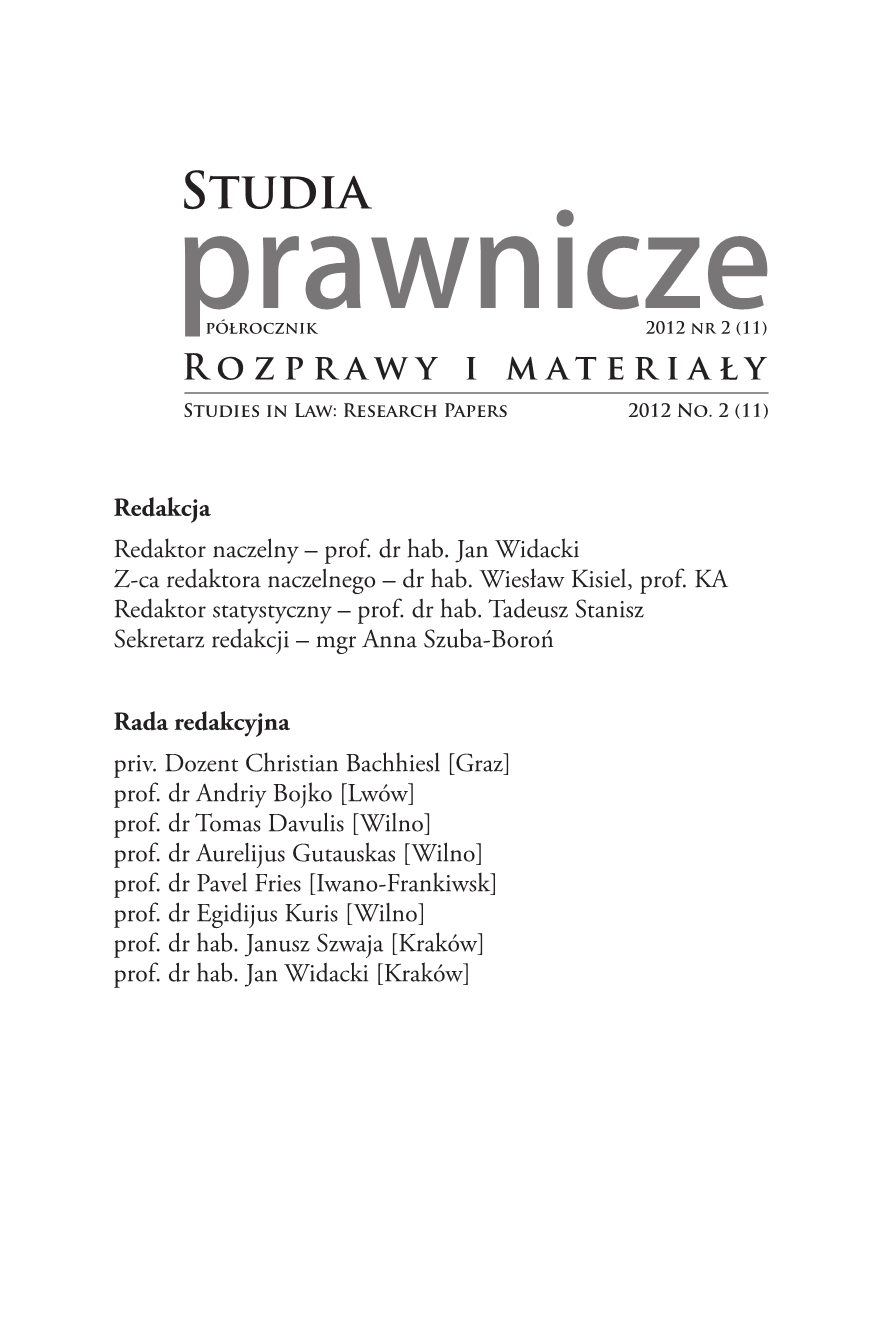Psychologiczne podstawy efektywności badań poligraficznych – nowe podejście w XXI w.
Psychological grounds for effectiveness of polygraph testing: new approach in the 21st century
Author(s): Marcin GołaszewskiSubject(s): Psychology, Criminology
Published by: Oficyna Wydawnicza AFM Uniwersytetu Andrzeja Frycza Modrzewskiego w Krakowie
Keywords: polygraph testing
Summary/Abstract: The article compares the traditional concepts, dominant until recently and explaining the essence of polygraph examination and its effectiveness with a relatively new approach based on more solid scientific foundations. The so-called “differential salience” concept of test stimuli is based on the assumption that the subject may find a given stimulus more significant than others for a variety of reasons: for example, because he or she considers it threatening, shocking or simply familiar. The above is conditioned by a number of psychological processes related not only to emotions but also to the processes involved in focusing, memory, and behavioural conditioning. Thus, the idea is not only to detect the physiological fear of being revealed (emotional traces) or to seek traces of memory. Nor is there a simple standard of deception (lie). The current state of research in psychophysiology of the human makes it possible to explain what the phenomenon of efficiency of polygraph testing results from.
Journal: Studia Prawnicze: rozprawy i materiały
- Issue Year: 11/2012
- Issue No: 2
- Page Range: 101-110
- Page Count: 10
- Language: Polish

